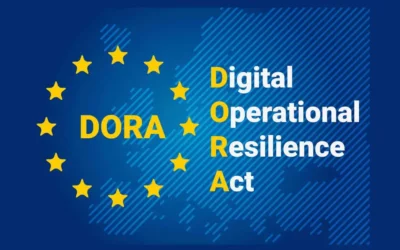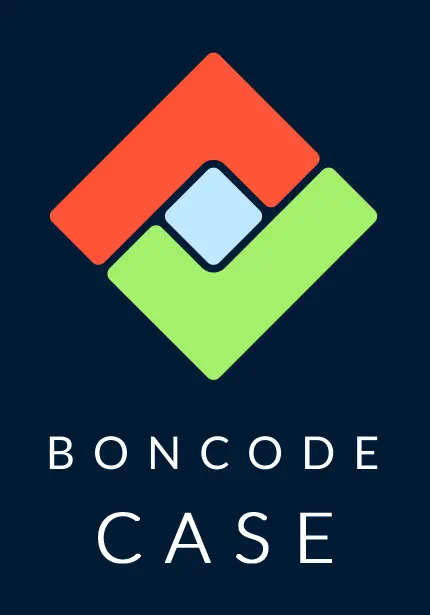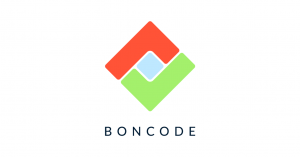As one of our longest tenured customers, Uniper’s arc of growth over the years is something that really caught my attention. Looking at their composite data, I sat before a beautiful graph of steady growth. I was enthused to see that their biggest jump in quality was after their decision to commit to consistent monitoring vs yearly assessments. As I reviewed their dashboard I couldn’t help but think, what I’m seeing here doesn’t just happen by chance- this commitment to continuous improvement takes patience, trust and courage. And so of course, I wanted to understand the story and the decision making behind the graph. How did they get here?
One of my favorite leadership concepts is that there is the urgent and then there is the important- a concept that Mario Cavaleiro, Head of IT at Uniper Benelux N.V. and I immediately connected over. Monitoring one’s software quality may not appear to fall into the urgent category on a regular basis, but if not treated with care, it will become urgent. Mario is keenly aware of the disruption that unchecked technical debt can play in the long run.
For Uniper, their software is the heart of their business. As an energy company they rely upon their software to optimize resource allocation, monitor energy production, and manage distribution effectively. Flawed software can lead to disruptions, outages, or safety hazards. Quality software minimizes the risk of failures, ensuring uninterrupted energy supply and safeguarding both consumers and workers.
Understanding just how important software quality is to the daily success of their business meant creating a process that could support it. When I asked Mario why they switched from doing yearly one-off assessments with us to regular monitoring, he simply said that it was a good idea and would make their code better. Sometimes, it is that simple. He then said that BonCode is like google maps for their software maintenance. The dashboard not only identifies areas for improvement, it also provides a roadmap of priorities. It was inspiring to learn that the development team relies daily upon our dashboard to help keep their software in top shape.
In fact, Application Support Specialist Harry Snier, and his development team have a daily “Stand Up” meeting, where they regularly reference our dashboard to identify and talk through any areas of blockage or discord. Harry went on to say that some days, they don’t need the full meeting and simply discuss the weather, or non-work related stuff. The Dashboard is always there if they need it, and it’s a core part of their process. Hearing this, I couldn’t contain my enthusiasm.
Having worked for a leadership development firm in my last role, I love seeing some of the concepts I learned there being used as designed in “the wild”. One of our core teachings was around the concept of taking regular strategic pauses. And as a facilitator I often implored my participants to schedule them in vs take them as needed. My perspective is that it’s not so important that they are always used, what’s important is that they are there and a part of standard operating procedure. This is a key way to normalize and support a culture of continuous improvement, by scheduling regular opportunities to reflect and improve.
It was really cool to hear from Harry that this is exactly what he and his team are doing. And as a result, issues get solved very quickly vs lingering, festering, and causing potential build up in technical debt.
It turns out that Uniper Benelux is using our dashboard in the way that we aspire for all of our customers to use it. Consistently, with an understanding that real change happens slowly, a drop in the bucket a day. This is how they have achieved the quality that they have, and we are proud to play such a considerable role in their success.





